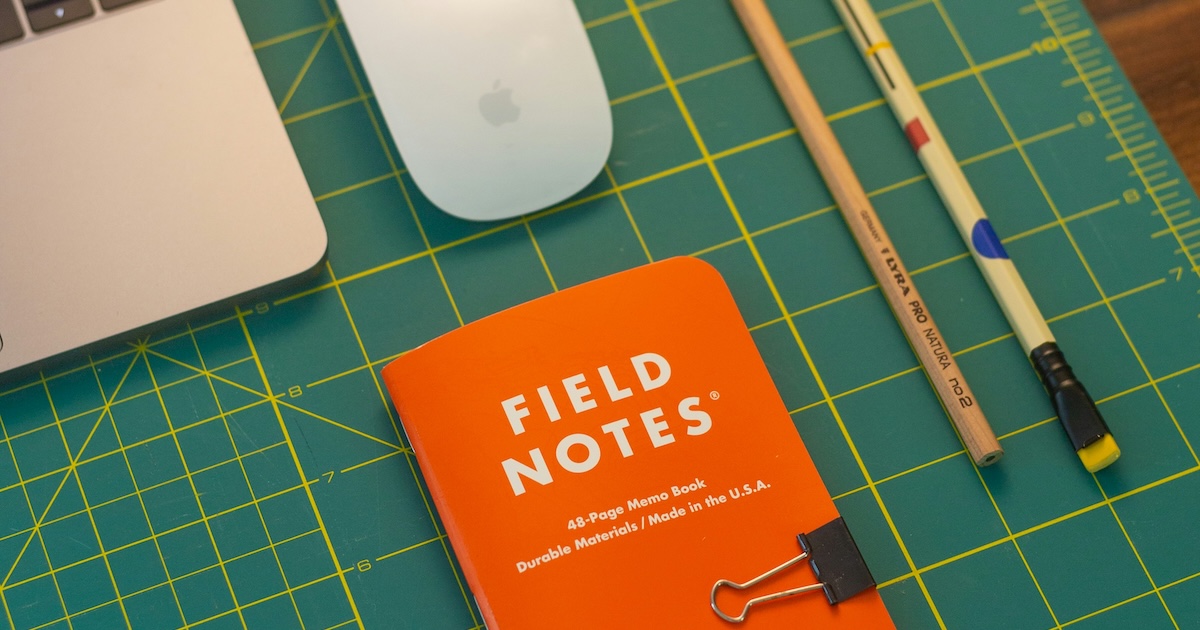Inspired by a tweet from swyx
Selling tech solutions is an attention problem rather than a technical problem.
You need:
Pseudo-celebrity
Charisma
Communication skills
Technical competency
Any of these are hard to find, and finding them in one person is extremely rare.
Developer relations people are influencers. Instead of protein powders and clothes for Instagram influencers, we sell technical products, ideologies, and sets of best practices.
We are all competing heavily with one another, even across industries – time spent reading about some cloud product means time not spent learning about stateful agents.
Historically, tech has mostly had One Thing.
This used to be simple products that solved exactly one problem that everyone knew they had.
Not that case anymore.
Tech is pretty saturated now. We have more than one solution for technical problems, and those problems differ primarily in their idological approach.
Consider the agent framework space, the one I work in. There are dozens of agent frameworks, all of which have opinions about how agents should function.
Letta's approach is to build a server-first system with core primitives for stateful agents, such as memory, agent collaboration, and state. We focus on providing the complete substrate for self-improving super intelligence, and helping you build AI systems at scale that you can access anywhere.
We choose to believe that the future of agents resembles persistent people that you tech, not bizarro visual workflows.
LangChain, CrewAI, AutoGen, LangGraph, LlamaIndex, etc all have different approaches. Most of them focus on the ephemeral nature of agents and workflows, and tend towards providing solutions to bolt things together rather than native solutions built-in to your agent.
What does this mean for the market? Each framework has to convince you, the person reading this, that our approach is the best. I just attempted to do this above using something like an adversarial approach.
Convincing you is hard to do without a specialized communicator designed to pierce through the noise and chaos of all the technical frameworks and content that batter all of us every day.
There are many pathways to convince people that my thing is worth your time. A few examples of developer relations people:
Charles Frye at Modal focuses on the deeply technical – when you see stuff from him, you know that he has dug deep into some bizarro magic thing about GPUs and made them approachable and fascinating.
Alex Albert at Anthropic has kind of this childlike curiousity. He is a standin for you to access the wonder of the things that Anthropic does. He is open, clear, and good at eliciting the brilliance from everyone at Anthropic.
Will Brown is shitposty (non-derogatory). He is quite good at adversarial approaches to differentiation. He has the approach of saying "we are better than the others, and it is obvious". I would say this approach works well for a large group of developers, in part because he manifests drama.
Logan Kilpatrick inspires scale. I would think of him as something like a motivational speaker for developers. His messaging is something like "go forth and build". He is also good at simply delivering news that you can use in a direct and approachable way.
All of the great developer relations people are like celebrities. They have style, charisma, and their own unique approaches to convincing people that they are worth your attention.
Very few people have this capacity! It is hard to find the charismatic, the stylish, the ones who catch the eye. It is even harder to find those people with technical skills, because you cannot convince anyone of anything if they are a huckster full of empty words and no understanding of the act of building something.
In my view, there is a "pyramid" of developer relations people. There are the top-tier folks who I would think of a monolithic voices in the space. When you hear something from them, it is a clear brainworm that burrows so deep in your brain that you cannot think of anything other than "Wow, Modal would solve all my problems".
There's a middle tier, which I think I would consider myself a member of. These are folks with some charisma and an ability to distinguish themselves from others. Usually, they are good communicators and have solid technical skills. Middle tier folks also start being more connected.
Lastly, there's a lower tier of folks who are usually new to the game, aren't well-connected, may be lacking in either communication or technical skills, or are simply a poor fit for the product produced by the company. Lots of these folks either exit the industry or start working their way up the ladder.
It doesn't surprise me at all that there are so many developer relations roles. I believe the trend is that there will continue to be more and more developer relations people, because the market is full of noise, all competing for your attention.
Because we want you to understand that you will, hopefully, see our products and enjoy them as much as we do.
– Cameron
.png)




